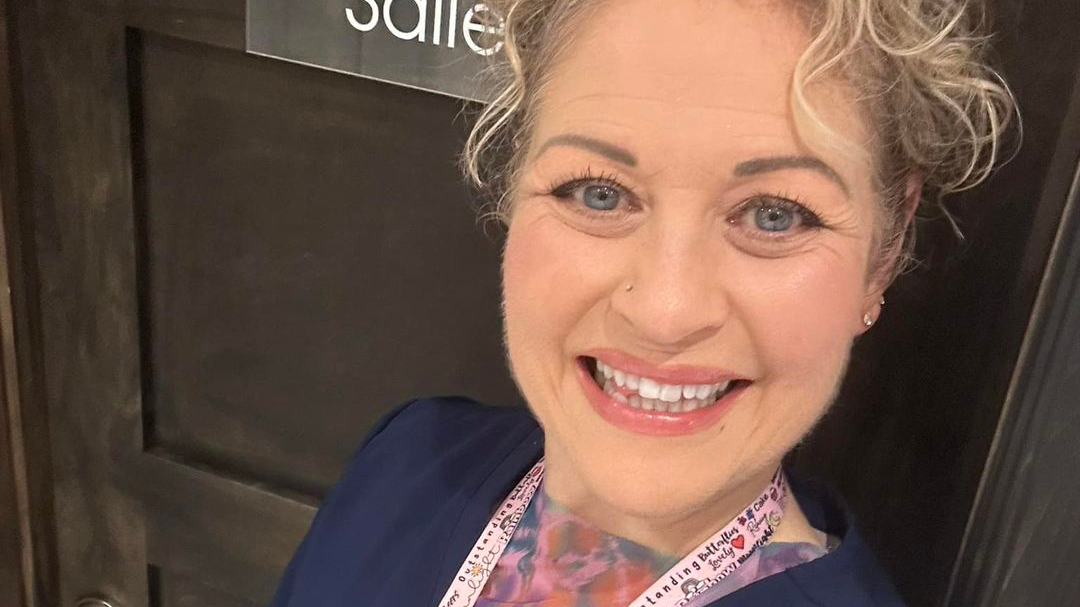United States health authorities have recommended that breast implant manufacturers provide stronger patient safety warnings, including a boxed label warning, the most serious type of caution used on a device or drug.
The warnings should include the risk of a rare cancer associated with breast implants called BIA-ALCL, and the potential risk of autoimmune symptoms known as breast implant illness, according to a new guidance issued this morning by the U.S. Food and Drug Administration.
“We have heard from many women that they are not fully informed of the risks when considering breast implants,” the agency said in a statement accompanying the guidelines.
In addition to the boxed warning, the agency called on manufacturers to provide a checklist for patients on the devices’ risks and benefits, and to disclose more information about the chemicals and other materials used in breast implants.
Last November, the International Consortium of Investigative Journalists revealed that thousands of women around the world were suffering from serious illnesses after receiving breast implants as part of its Implant Files investigation. The vast majority of the women, who ICIJ contacted through interviews and a survey distributed on social media, said they had not been fully informed about safety risks before getting their implants.
Following the Implant Files’ publication, health authorities around the world have announced measures to better protect the safety of breast implant patients. These actions centered on the risks posed by textured breast implants, which are associated with an elevated risk of BIA-ALCL. They included a series of bans on Allergan Biocell implants, a popular brand of textured implant used most frequently in Europe, leading Allergan to announce a global recall of the product in July.
Women who suffered illnesses after receiving breast implants have long advocated for clearer warnings to patients receiving implants of any type, including the smooth-surfaced implants that dominate the market in the United States.
Prominent patient advocate Jamee Cook applauded the FDA’s new guidance as a sign of growing awareness about the products’ safety risks.
“Three years ago we were getting dismissed by it seems like everyone,” said Cook, the founder of the patient advocacy group Breast Implant Victim Advocacy, which seeks to raise awareness about safety concerns associated with breast implants and promote stronger protections for patients.
Cook said that a key turning point was a public meeting on breast implant safety held by the FDA this March, in which dozens of women testified before the agency about their experiences.
“I think the March FDA meeting was really pivotal for us,” Cook said. “I think patient after patient saying ‘I wasn’t warned’ really made a difference.”
The FDA noted the “loud and clear” message it had received at the meeting in its statement this morning on the guidance.
Currently in draft form, the guidelines have been put forward for public comment over the next 60 days, then review.
The guidance offers recommendations and is not legally binding, but it included a warning that the FDA plans to act against manufacturers that fail to provide proper safety information to patients.
“A device shall be deemed misbranded if, among other things: its labeling is false or misleading; its labeling does not contain adequate warnings; or any information required to be in the labeling is not prominently placed with such conspicuousness and in such terms to render it likely to be read and understood,” the draft guidance states.







